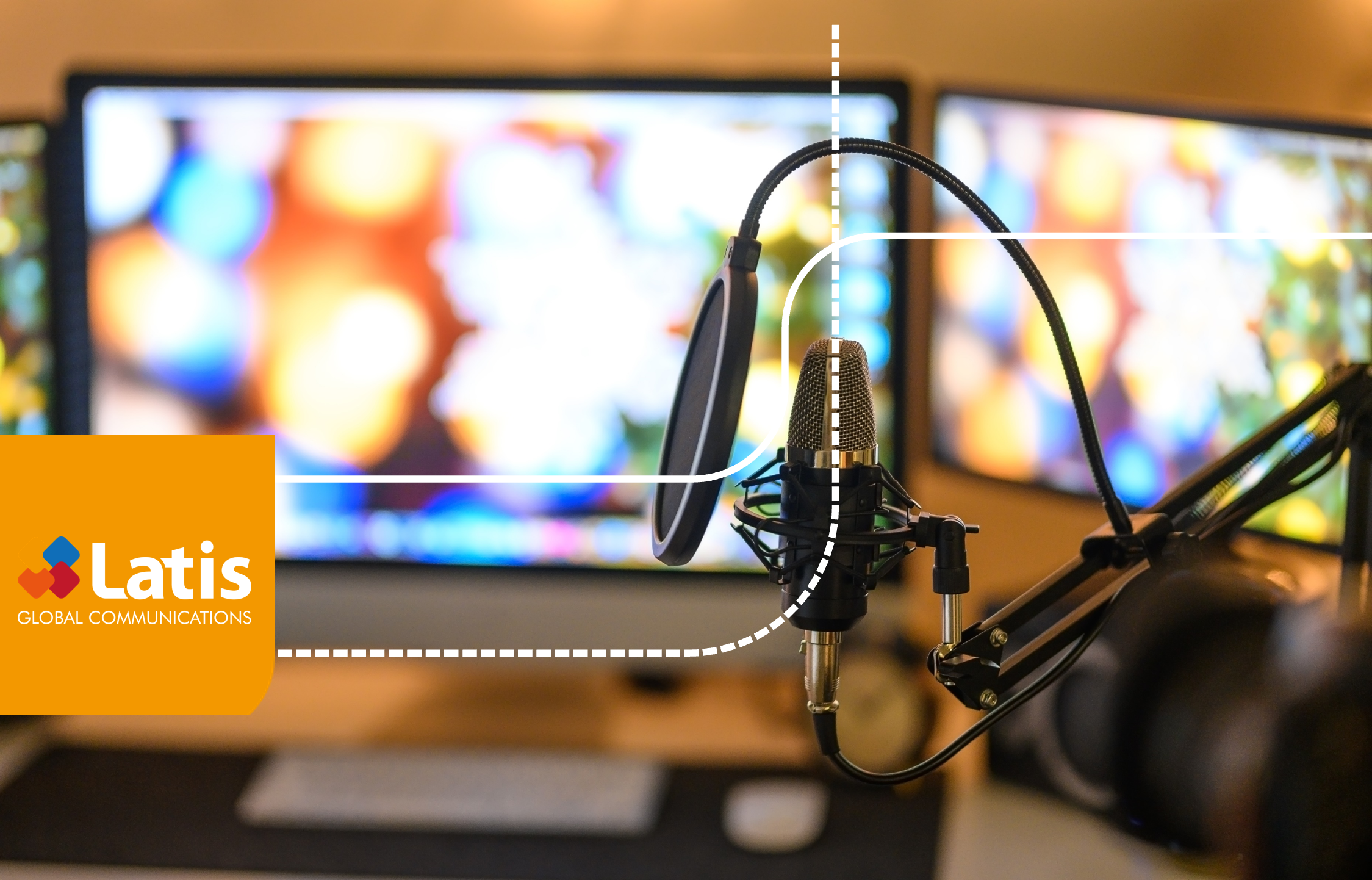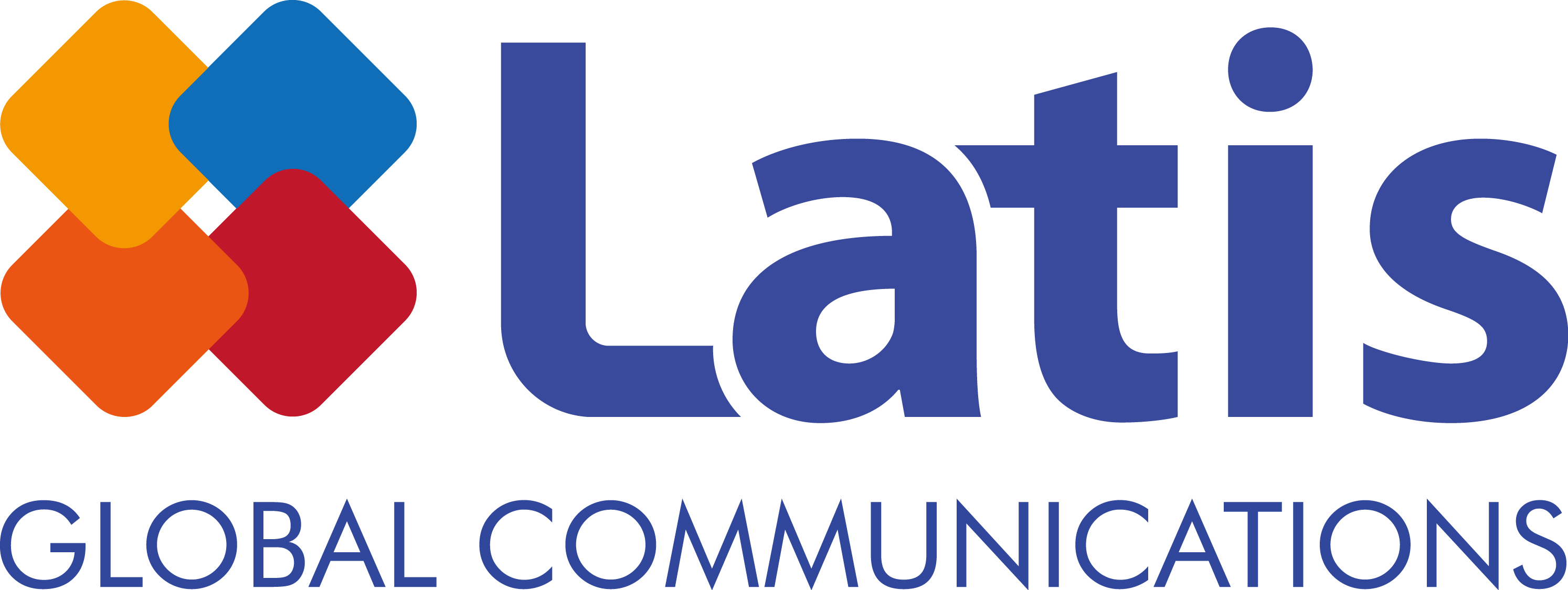
As the game market has been exponentially growing, game dubbing is becoming more specialized and subdivided within a dubbing business that has historically been dominated by movies, dramas, and animation. Recently, localization through dubbing has become more crucial due to the export of games and streaming media.
Fan-Based Marketing for Professional Voice Actors
Following this trend, the influence and fandom of voice actors has also increased. As a result, there has been a spike in the number of successful game service cases ever since these factors have started being considered as important elements in game marketing.
Devsisters’ Cookie Run: Kingdom dedicated a big part of its marketing campaign for the Japanese market to its voice actors. They gathered a dream team of voice actors for the dubbing, including Junko Takeuchi, who played the role of Naruto in one of the most iconic animation series in Japan. This strategy tremendously contributed to the game’s success in that country and, because of this, German, Chinese, Thai, and French dubbing ensued.


In order to localize games for the overseas market, there are three ways in which dubbing can be performed. The first method is to directly work with dubbing studios overseas in order to record the voices. The second method is to cast a foreign voice actor through a localization agency. The last method is to commission a professional studio to conduct online dubbing by collaborating with overseas partners. This can be done in different ways depending on the game developers’ circumstances. Today, we at Latis Global, experts in game localization including game sound service, will look into the process of multilingual dubbing, as well as which precautions should be taken during that process.

1) Dubbing in the U.S., the Largest Game Market in the World
In the United States, voice talents are generally categorized as either union or non-union.

SAG-AFTRA is an American labor union that approximately consists of 160,000 members, including voice actors, theatrical actors, journalists, singers, influencers, models, etc. Most well-known voice actors are members of this union.
The average cost for casting those in SAG-AFTRA is generally between $800 and $1000, and is normally based on a maximum of three characters. Additional costs may incur if the volume of text to be dubbed increases or extra characters are added. As a general rule, the copyright for the recorded voice is usually licensed per title.

2) Dubbing in Japan, the Best Game Market in Asia
In Japan, voice actors are represented by talent agencies just as celebrities, and their schedules are managed by specialized managers. Because of this, in order to cast a Japanese voice actor, it is necessary to reach an agreement with the agency first. In addition, it can also take up to three months to cast a famous voice actor, as most of them are recognized as celebrities. For that reason, please be advised that, even with a sufficient casting budget, it might be challenging to recruit the desired voice actor if the development period is short.
If the dubbing is done through a Japanese local studio, the selection of voice actors could be more limited than expected, as it is the partnered agencies who are usually in charge of the casting. To avoid this inconvenience, it is possible to cast voice actors from another agency through a freelance producer. If so, the dubbing process can become more flexible, depending on the producer’s capability and network.
Regarding the license fee, it can vary depending on the platforms, such as PC, mobile, console, etc. as well as the serviced countries. Thus, it would be better to verify these terms before proceeding with the dubbing.

3) Dubbing in South Korea, the Fastest Growing Market in Asia
In South Korea, voice actors, registered with the Korea Voice Performance Association, work as freelancers, and usually, it is the main producer of the contracted studio who is in the charge of recording. When it comes to costs, the voice actor tends to be casted on an hourly basis and can record up to 4-5 characters’ voices. Similar to the United States, the copyright for the recorded voice is usually licensed per title.
South Korea is also able to produce multilingual dubbing. In terms of availability, English dubbing could be done by 30 voice actors; Japanese and Chinese dubbing by 5-7 voice actors; and dubbing for other languages by 3-4 voice actors, depending on the project’s size. However, if the dubbing requires 10 voice actors or more for a language other than English, it is advised to collaborate with an overseas studio.

Online Dubbing
Dubbing can also be remotely done through a professional dubbing studio. After COVID-19, the online observation and directing system has developed rapidly. The Korean dubbing for NetEase Games’ Naraka, done by Latis Global, introduced this online observation system that allowed everyone involved to participate in real-time dubbing regardless of the game developer’s location. It is clear that good communication helps achieve high-quality localization and dubbing, and it also contributed greatly to the quality of localization for <Naraka> worldwide.
Though the technology behind remote work has developed a lot, it is still important to secure a time period that will allow everyone to collaborate with the overseas studio in order to avoid possible problems, such as time differences. During the collaboration process, game translators, who can communicate in multiple languages, and an experienced dubbing director should communicate closely with a local engineer to minimize possible errors.
Latis Global has extensive experience in multilingual dubbing and sound production for numerous game titles, as well as collaborative relationships with professional game developers overseas. For any comments or additional questions about game sound production, please feel free to email us.
Email: contact@latisglobal.com | TEL: +82 -70-8270-8500 |

